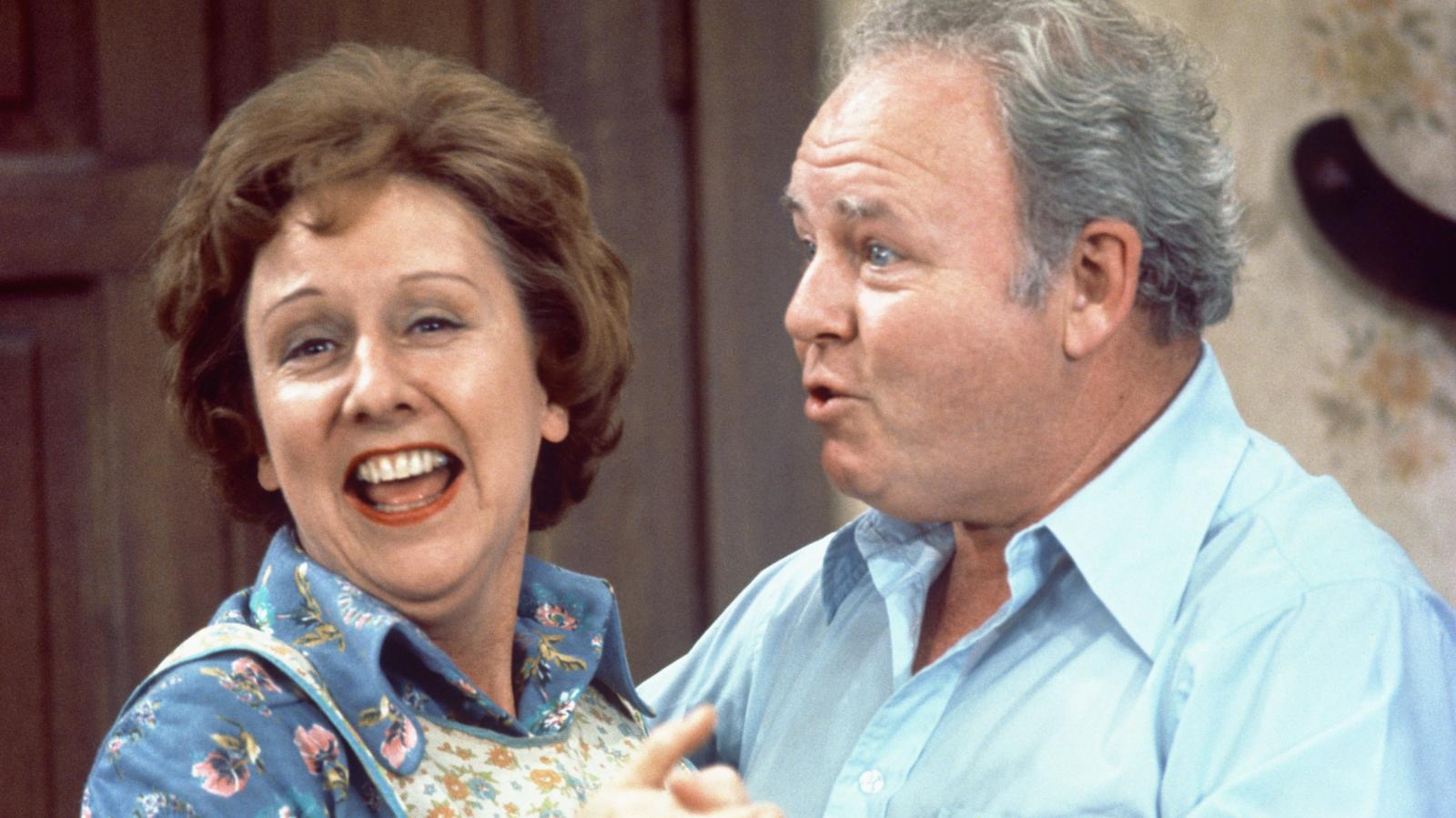This Offensive Scene Got All in the Family BANNED

All in the Family wasn't just a sitcom—it was a grenade lobbed into America's living room. It tackled race, religion, war, women's rights, abortion, and anything else polite television used to avoid. But in 1977, the show went even further—and nearly got canceled for it.
On October 16, 1977, viewers tuning in for a new episode got something a lot more serious than Archie yelling about "meatheads." In a two-part story watched by over 40 million people, Edith Bunker was nearly raped by a man posing as a police detective. The first sitcom episode ever to portray an attempted sexual assault, it was a gut punch that stunned the audience—and CBS.
The setup was deceptively typical: Edith prepping for her 50th birthday party. But things took a turn when a man claiming to be a cop showed up, supposedly hunting a rapist in the neighborhood. Edith let him in. He wasn't hunting anyone—he was the attacker.
What followed was tense, painful, and nothing like the usual laugh track fare. Edith stalled him—claiming she had an illness, burning a cake, anything to buy time. In the end, she fought back, smashing a hot pan into his face and escaping. The studio audience's cheer was reportedly the loudest in the show's entire history.
But before that moment ever aired, CBS panicked. Executives feared backlash. Affiliates threatened to drop the show. Sponsors got jumpy. The network pulled the episode, ran private screenings for police, doctors, and rape counselors, and shelved the show for a full month to figure out if it was too much for TV.
To get it right, creator Norman Lear brought in Gail Abarbanel, director of the Santa Monica Rape Treatment Center, to consult. She rewrote key scenes to reflect real victim trauma.
Lear had asked her directly: "If you could talk to 40 million people about rape, what would you want to say?"
The follow-up episode didn't pretend everything was fine. Edith spiraled—refusing to go to the police, blaming herself, afraid to leave the house. Only after her family intervened did she agree to identify her attacker, who turned out to be a serial predator.

The impact was immediate. NYPD and rape crisis centers used the episode to train staff. Critics, including The Washington Post's Tom Shales, praised it as "nerve-shattering" but necessary. The episode is still ranked #64 on TV Guide's 100 Most Memorable TV Moments.
But the blowback wasn't over. A year later, the FCC rolled out its "family viewing hour"—effectively kicking All in the Family out of its prime slot. CBS moved it to Mondays at 9PM, citing concerns that children might be watching. Norman Lear sued. The court ruled the policy unconstitutional, calling it government overreach. But the damage was done—the show stayed in its new slot, and ratings slipped.
This wasn't the first time Lear had to fight tooth and nail to get the show on the air.
Before All in the Family finally debuted in 1971, Lear had pitched it twice under different names—Justice for All in 1968, and Those Were the Days in 1969. ABC passed both times, nervous about the show's political edge and "lack of chemistry."
Even after CBS picked it up as a midseason replacement, there were holdouts. Network founder William Paley called it "too crude and vulgar." But once it aired, there was no turning back. Archie, Edith, and everything they represented became part of the national conversation.
But the attempted rape episode was the line too far for many—pushing the boundaries of what a sitcom could do, and nearly bringing down the whole operation. And yet, nearly fifty years later, it's still remembered—not just for the shock—but for the guts it took to make it.